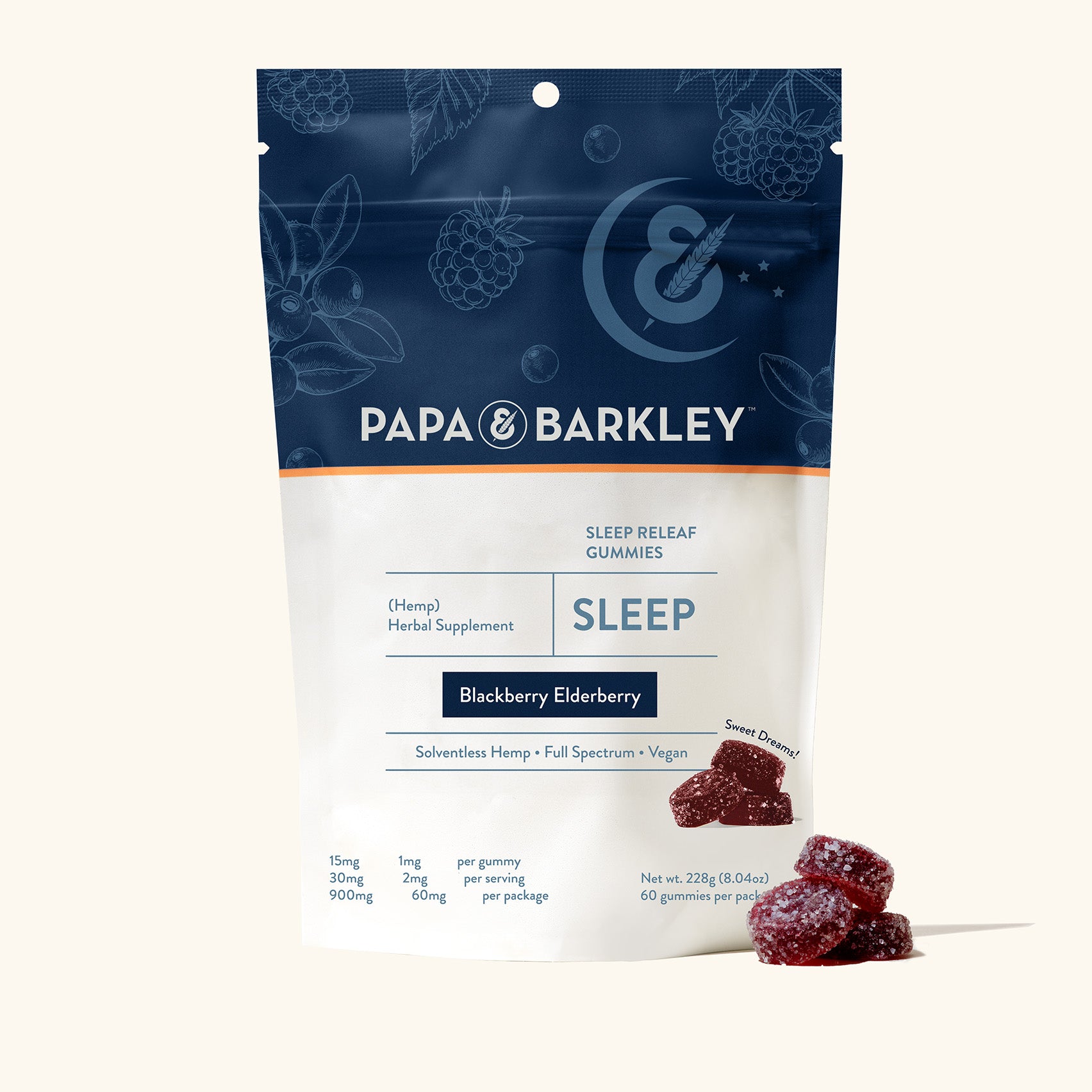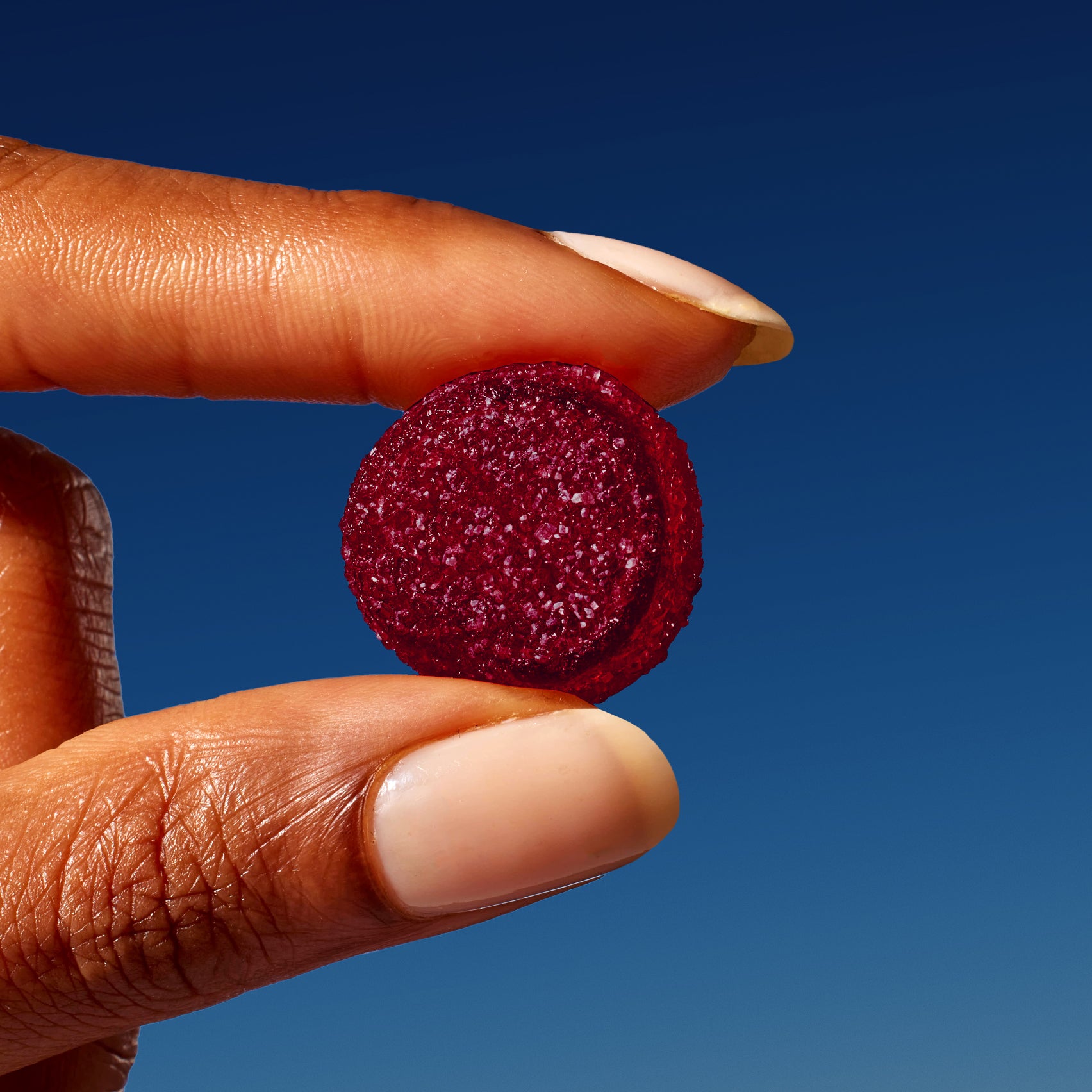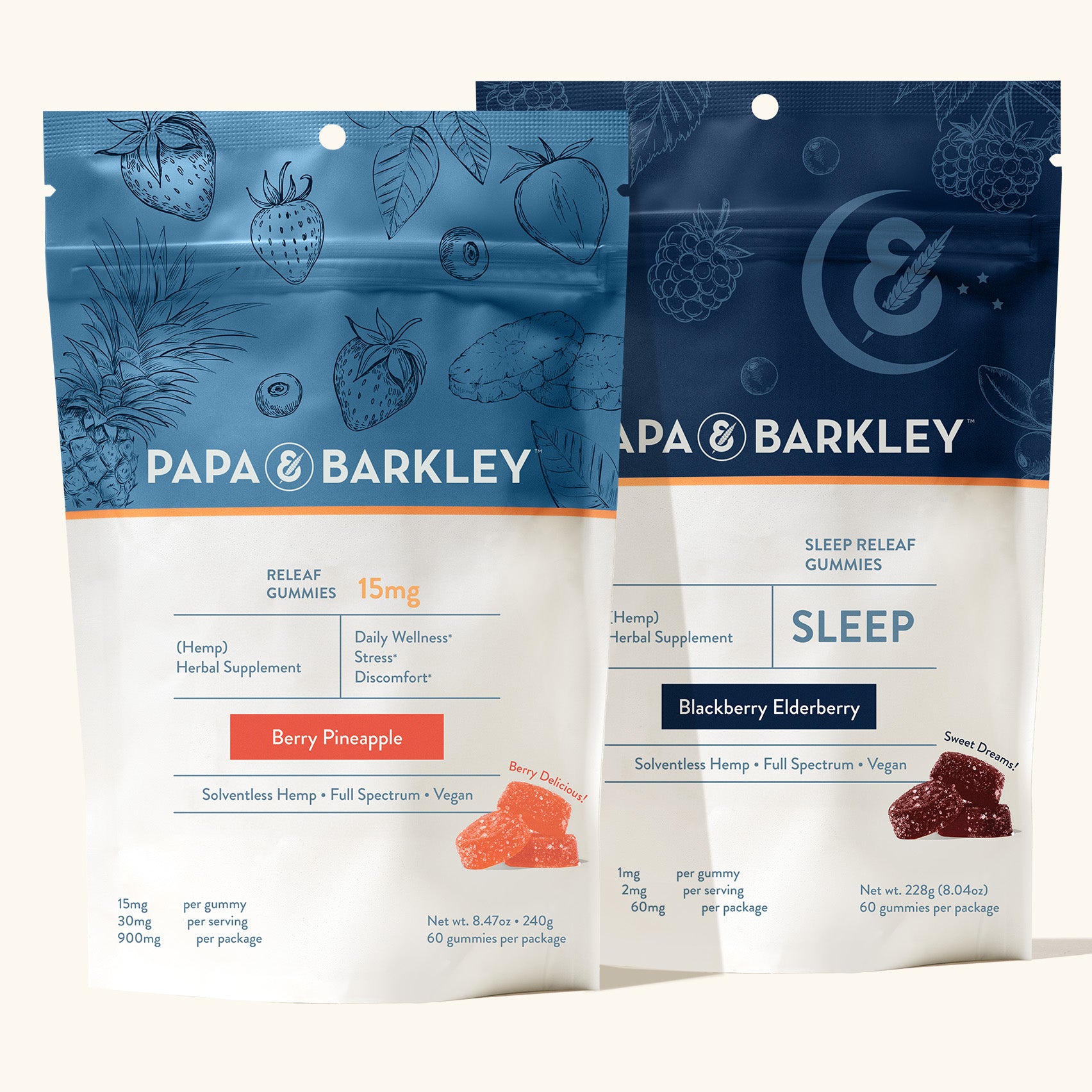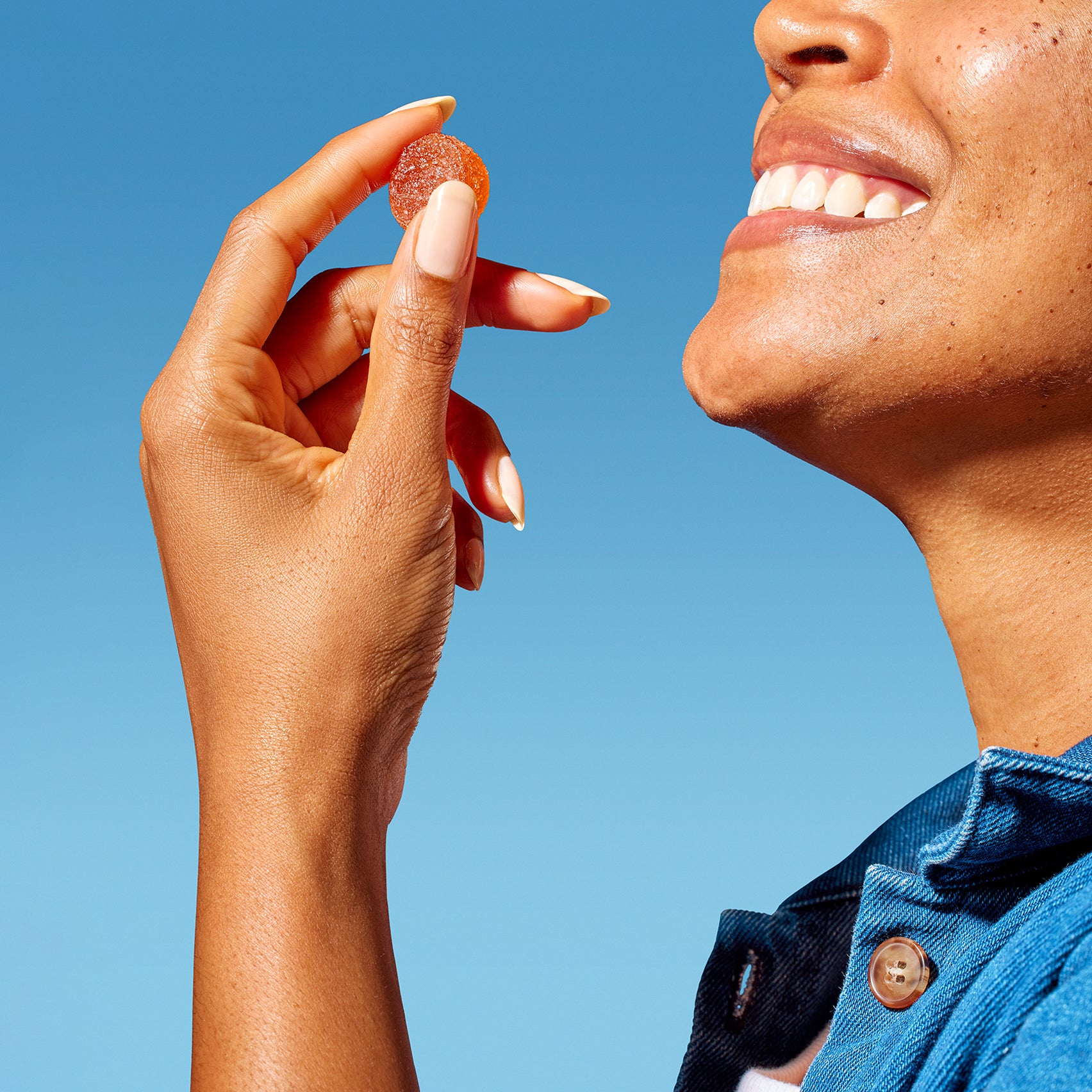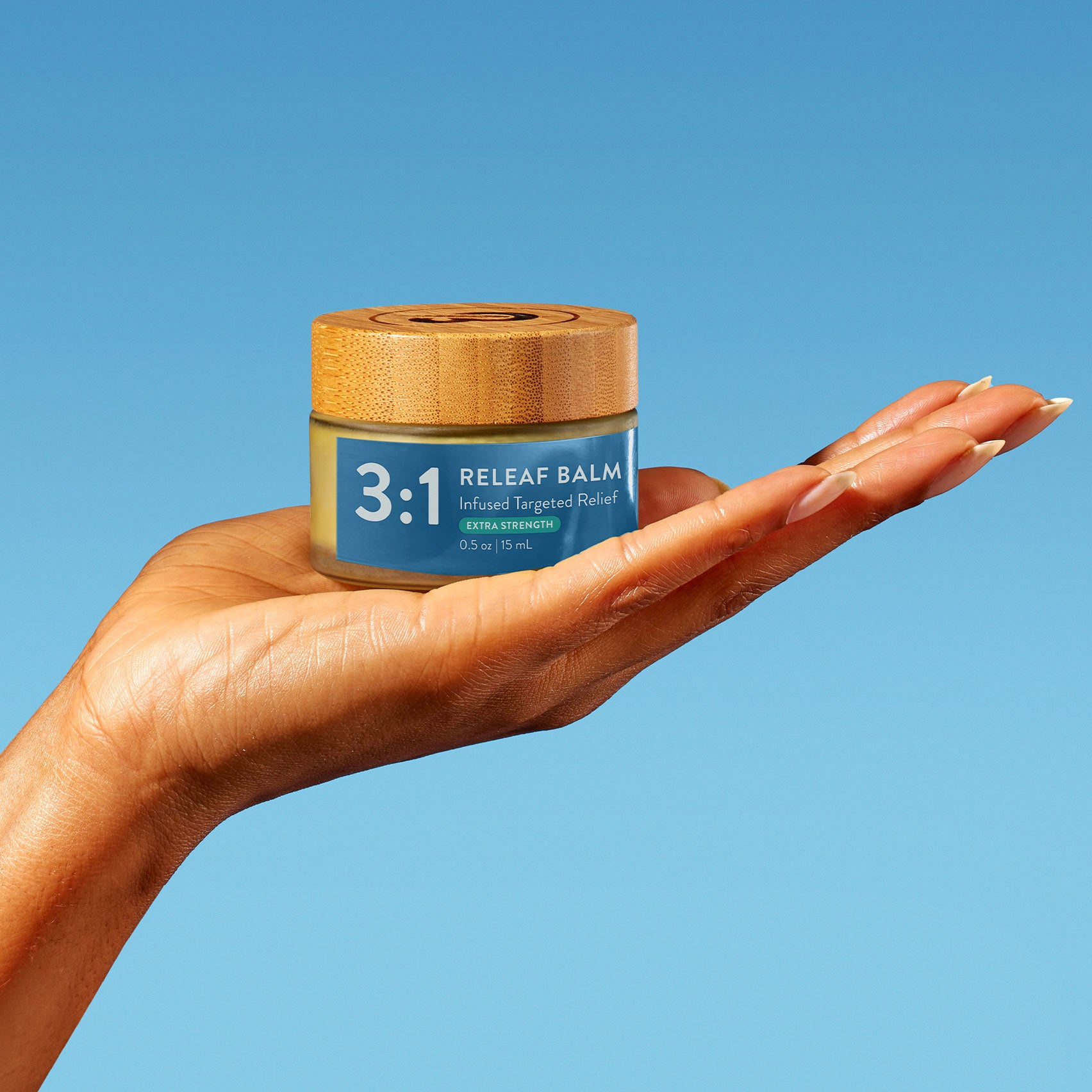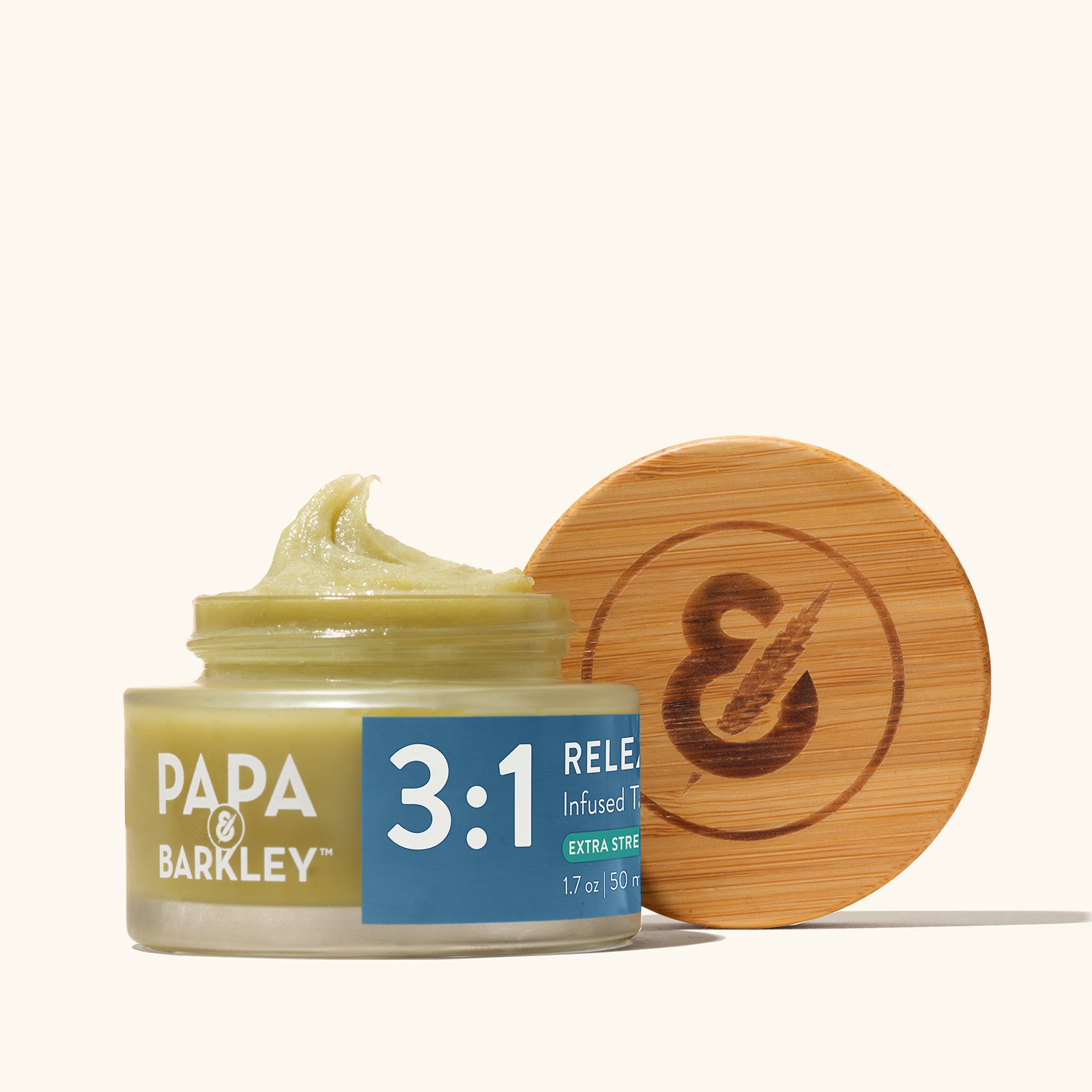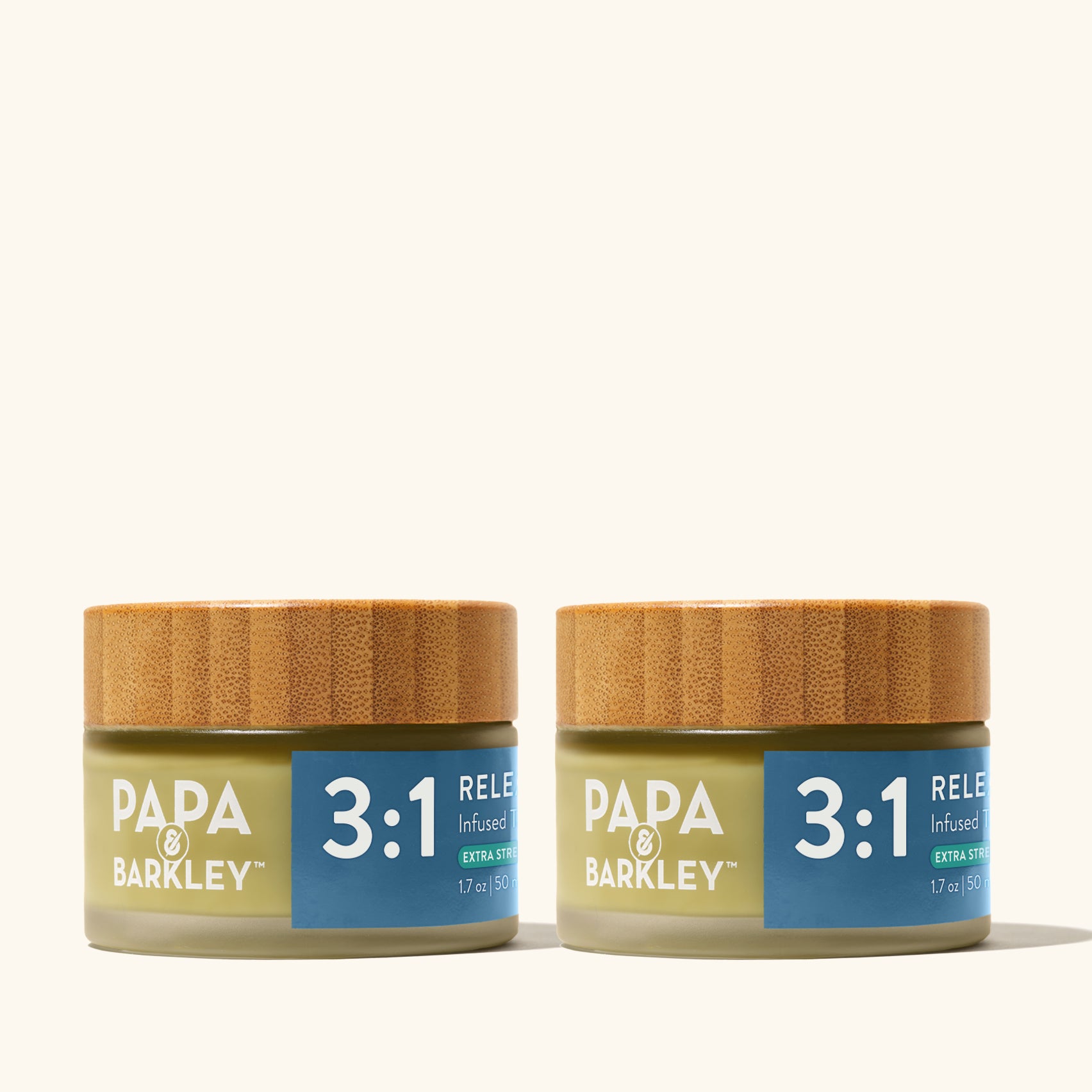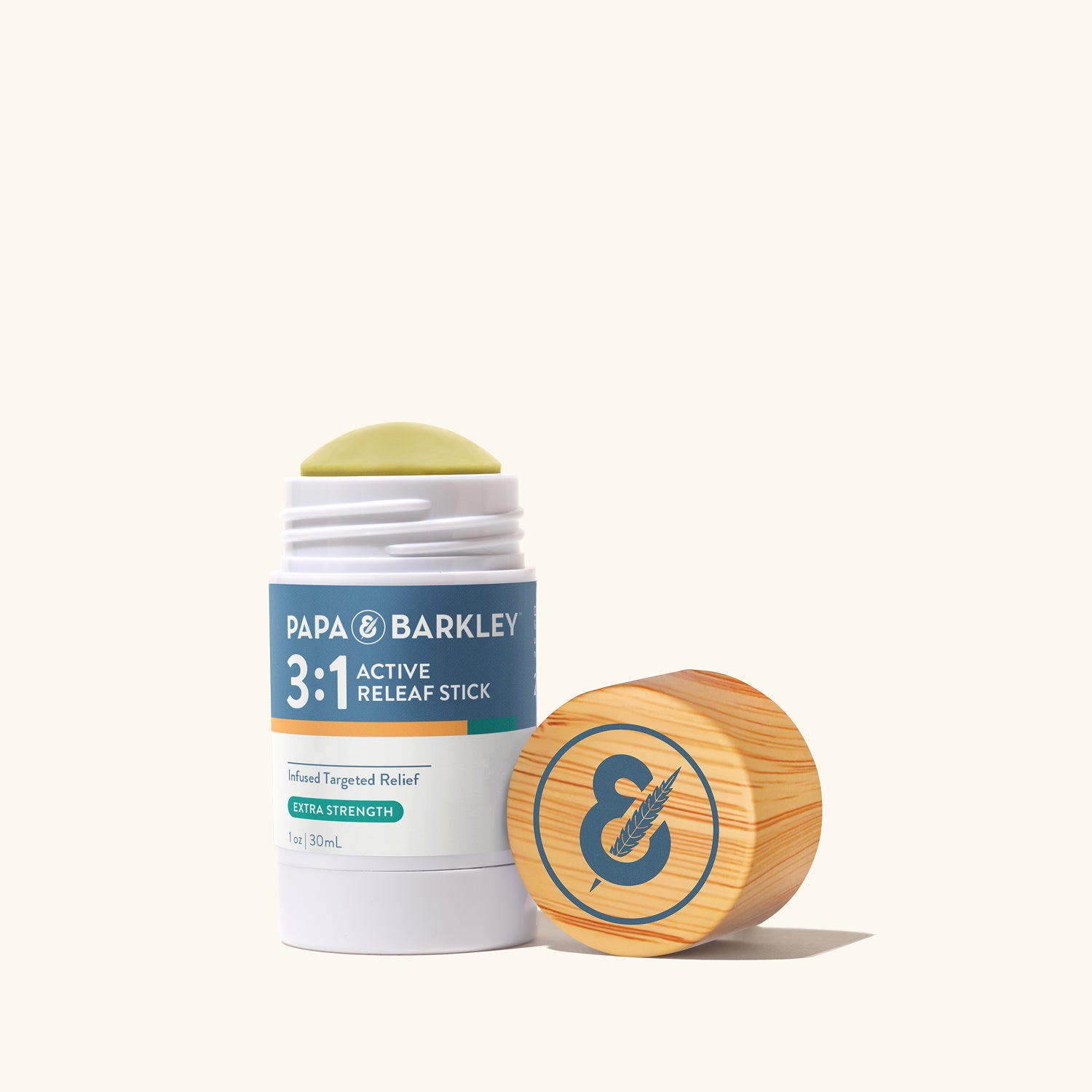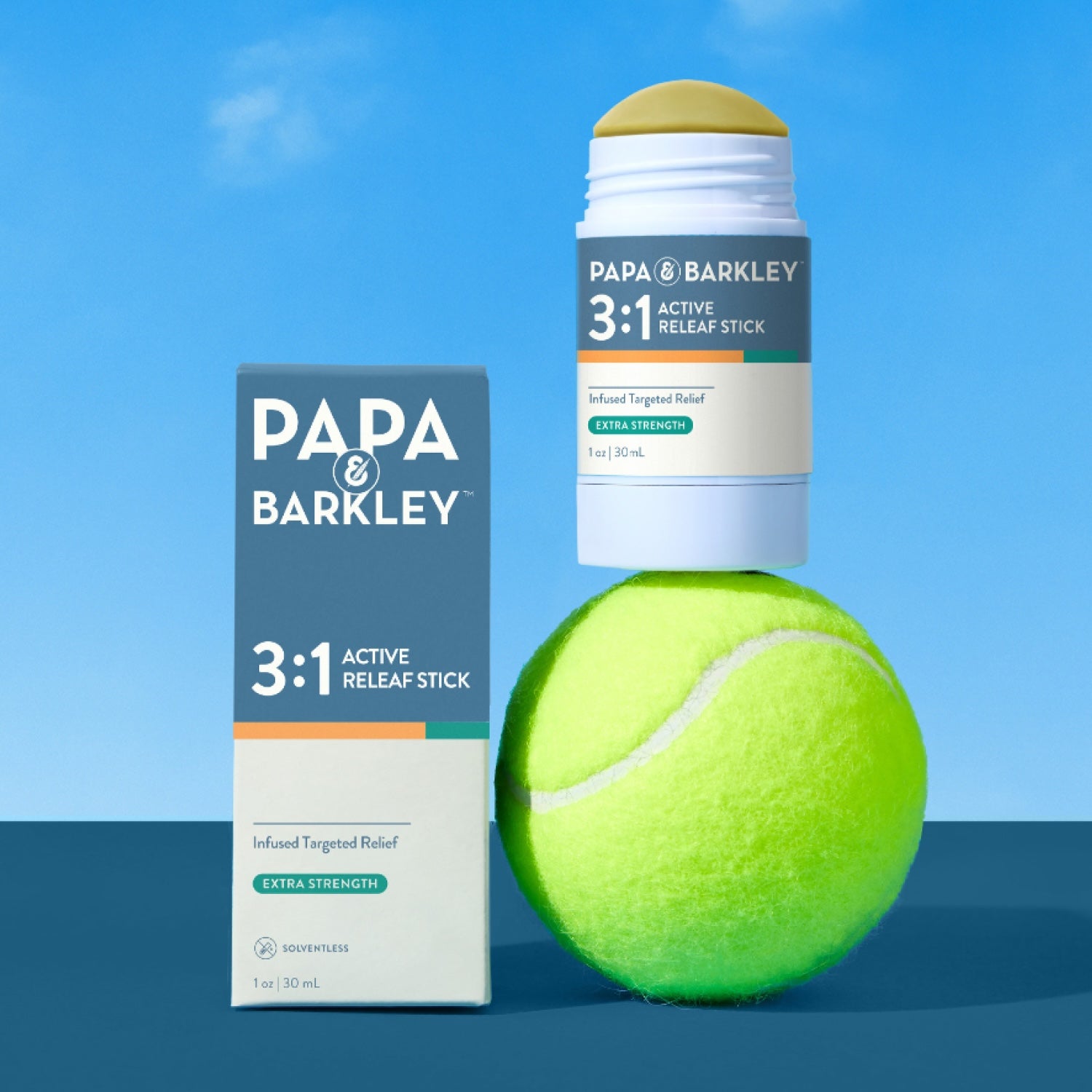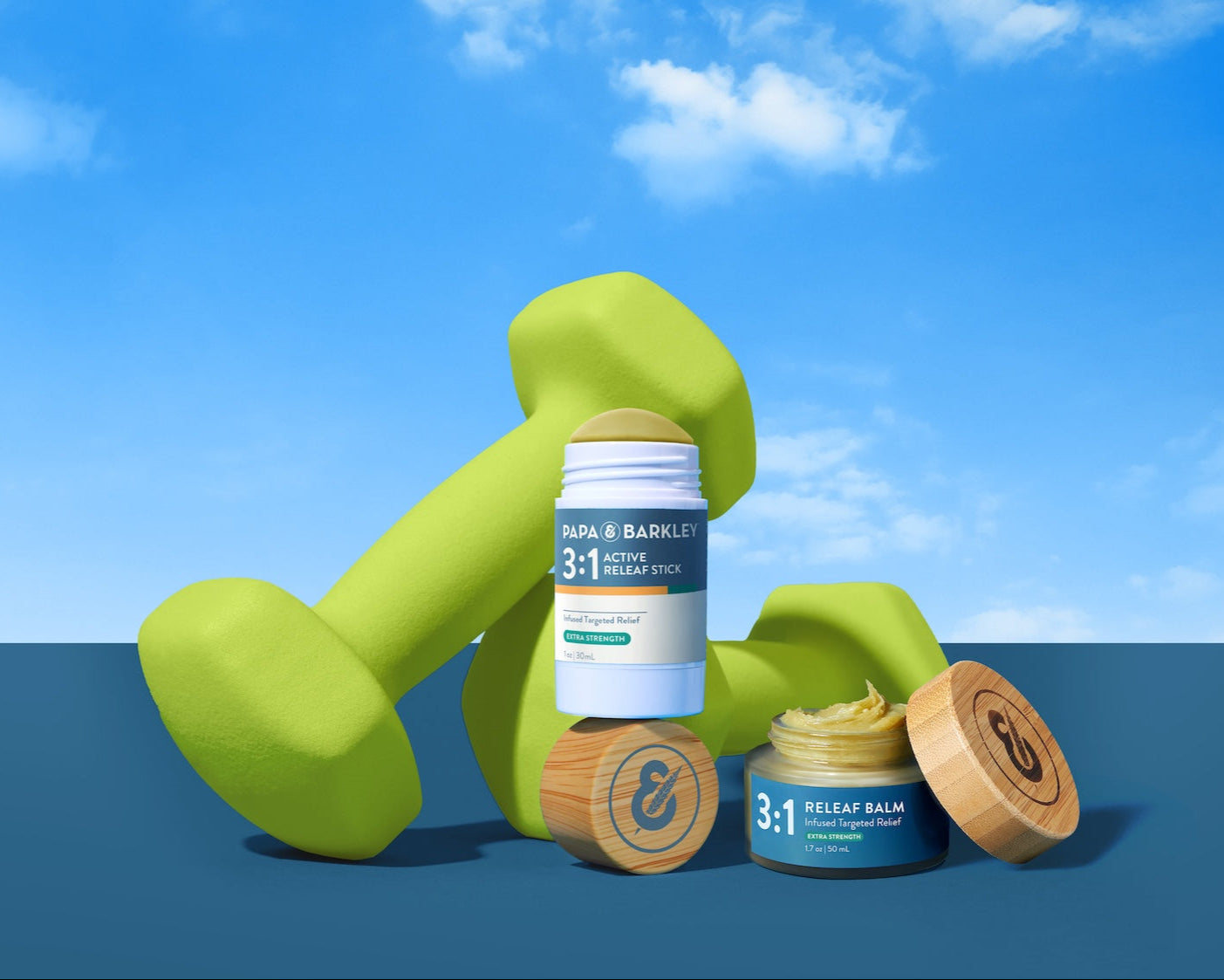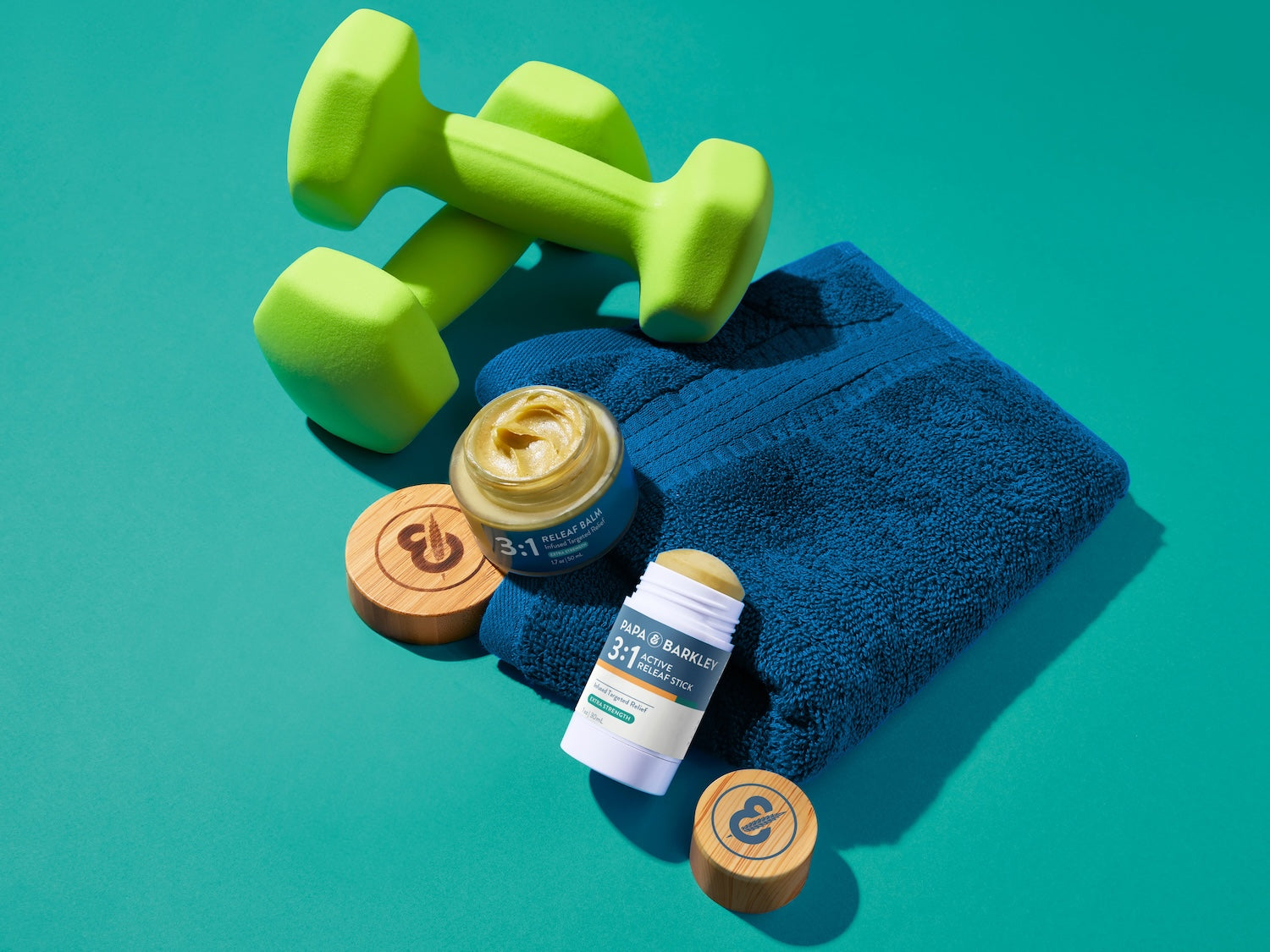Black Friday Sale
Our sleep suite supports rejuvenating rest followed by a clear-headed morning.
Sleep Releaf Gummies
Day to Night Gummies Bundle
Double Strength Releaf Drops
Double Strength Releaf Softgels
Regular Strength Releaf Drops
Regular Strength Releaf Softgels
Releaf Capsules
Extra Strength Sleep Releaf Gummies
Extra Strength Gummies Bundle
Releaf Ritual Collection

Made With Love
Our namesake comes from our founder’s father, Papa, and his beloved dog, Barkley. Papa & Barkley was born from our founder's search for a natural solution to relieve Papa's debilitating back pain.
Simple Ingredients
Effective releaf is rooted in nature.
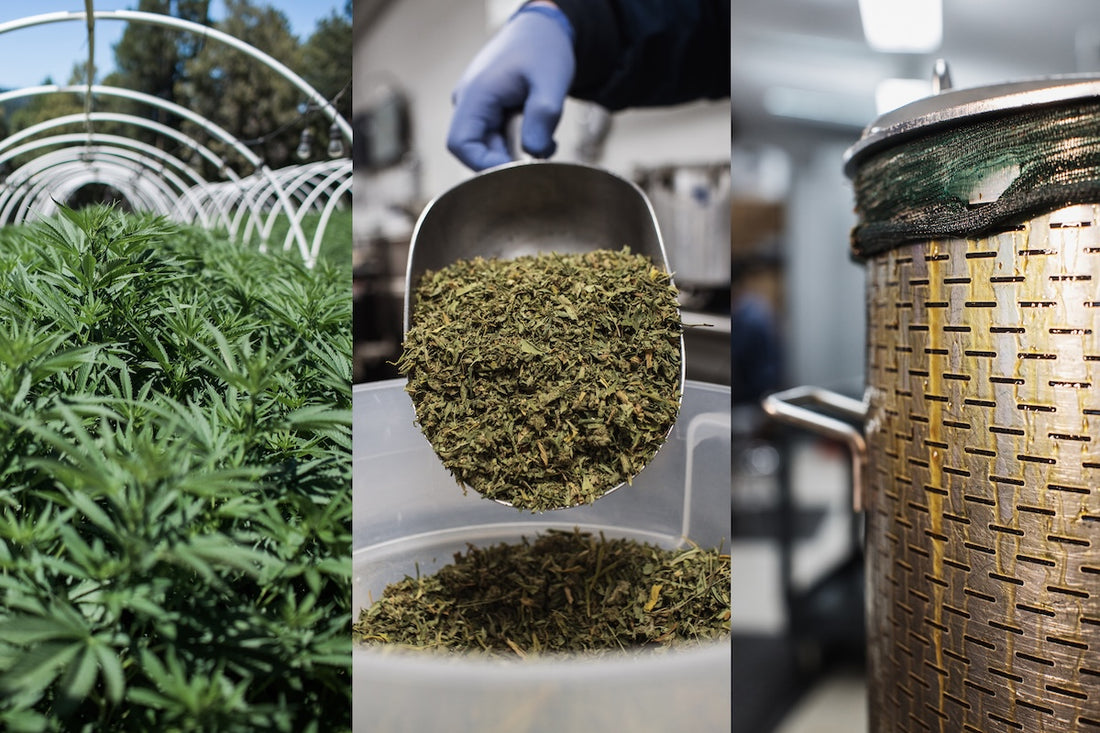
Potent Infusion
Through careful sourcing, solventless processes and rigorous testing we create effective releaf by honoring the plant in its purest form.
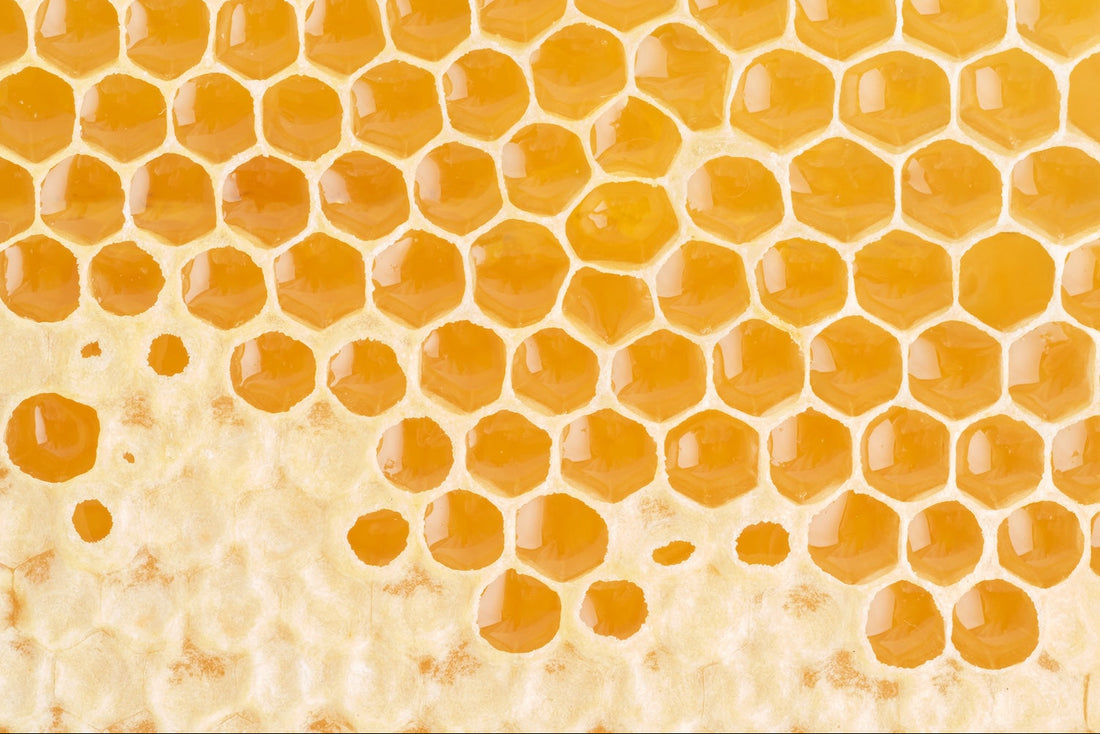
Organic Beeswax
We source beeswax from farmers who share our values of regenerative principles and minimal processing without harmful pesticides.
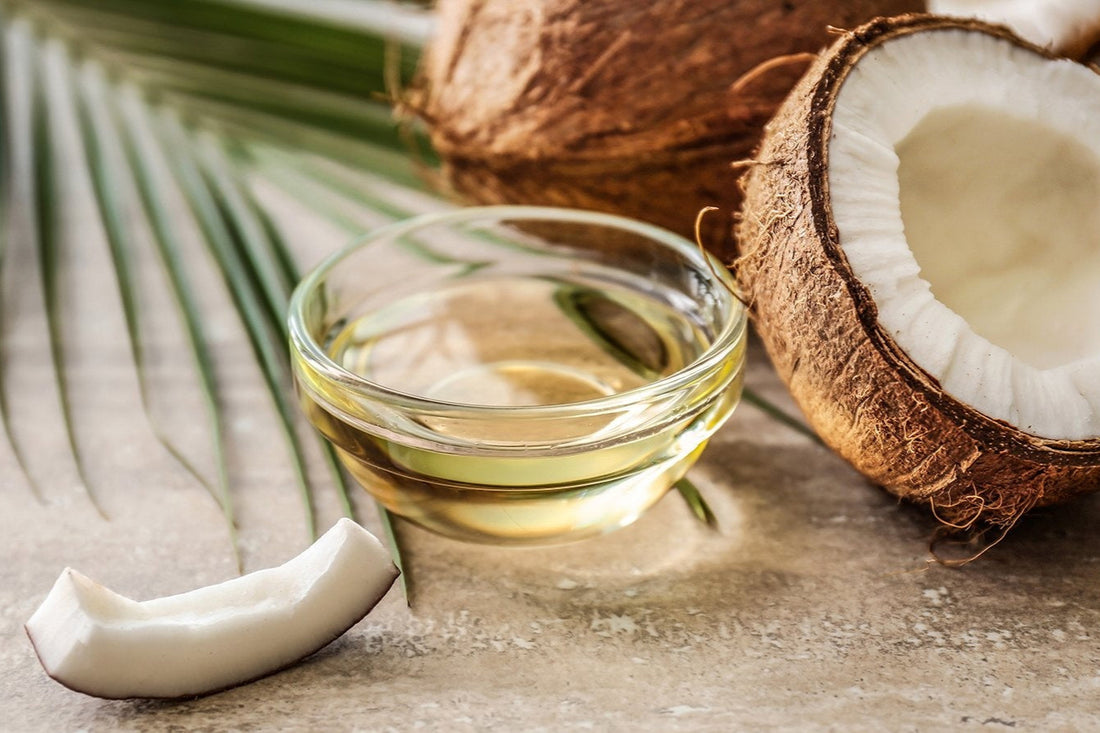
Coconut Oil
Rich in fatty acids that naturally moisturize and soothe the skin, coconut oil ensures our infusion is fully absorbed to maximize efficacy.

Essential Oils
Our curated blend enhances every formulation by providing a soothing, natural aroma without any synthetic additives or artificial fragrances.
Our Difference
Other brands use chemicals, stripping away beneficial plant compounds. Our simple infusion process maintains the integrity of plant, complete with beneficial cannabinoids, terpenes, and phytonutrients.
Them
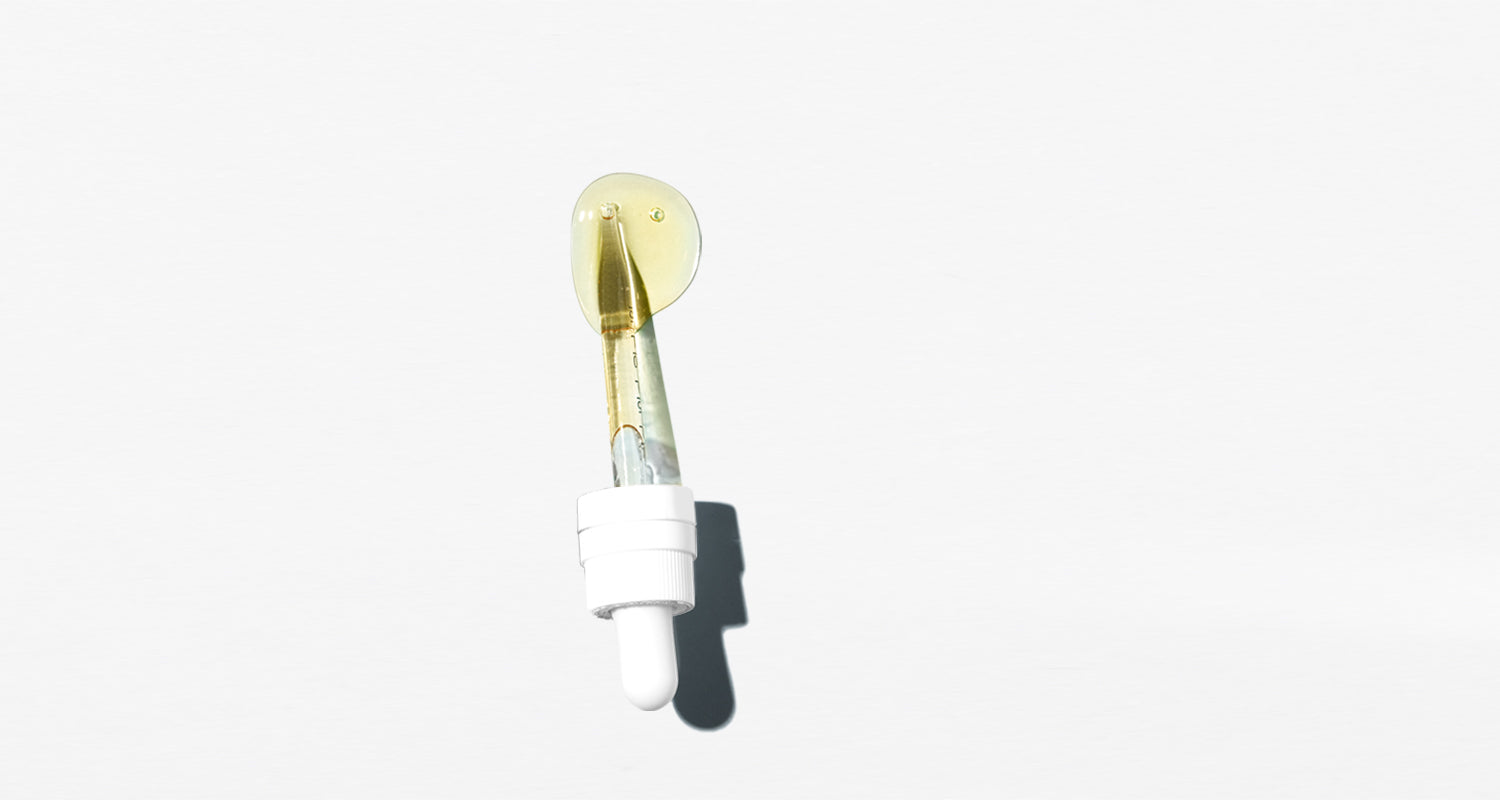
Us
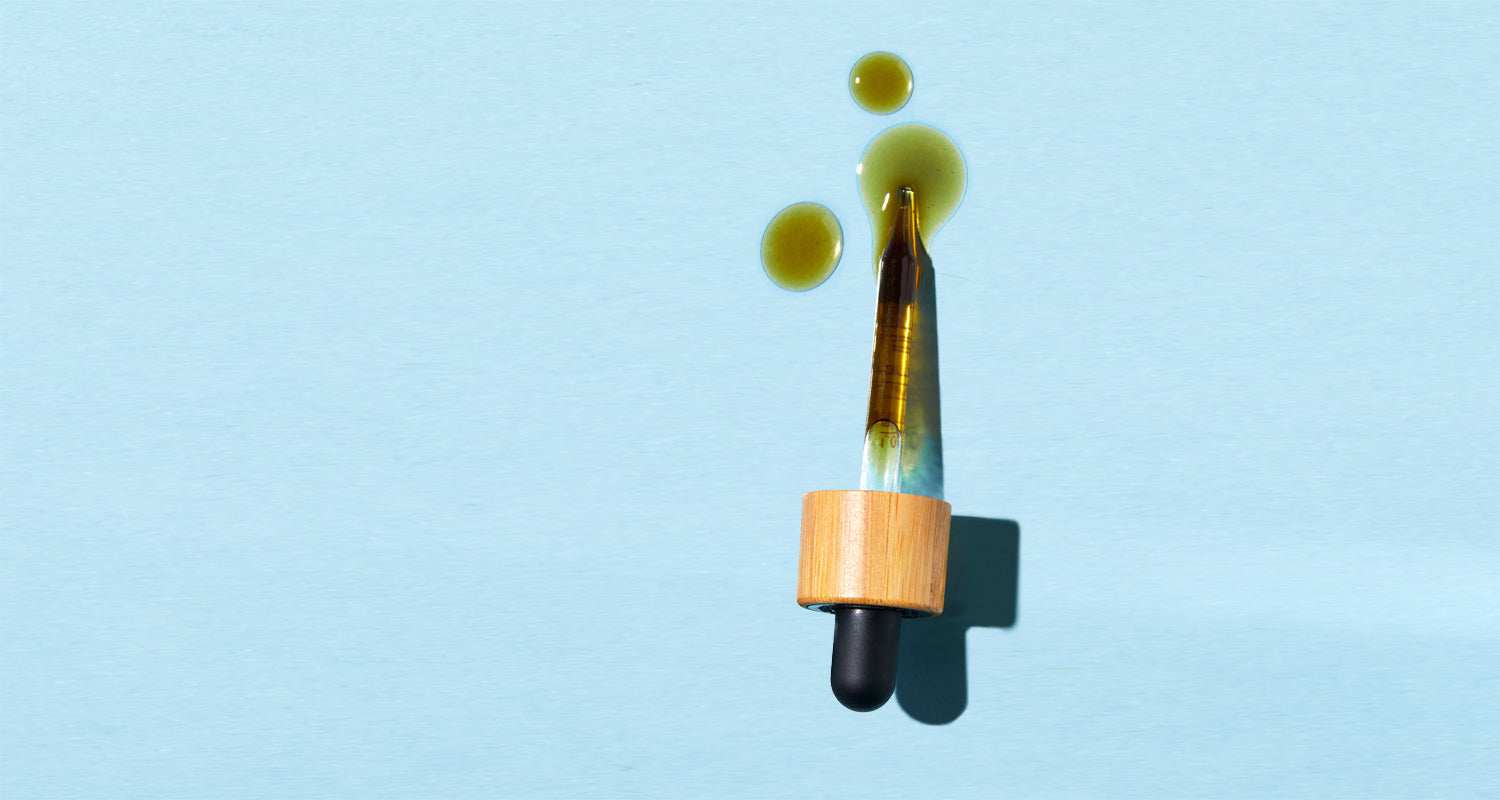
Releaf With Care




